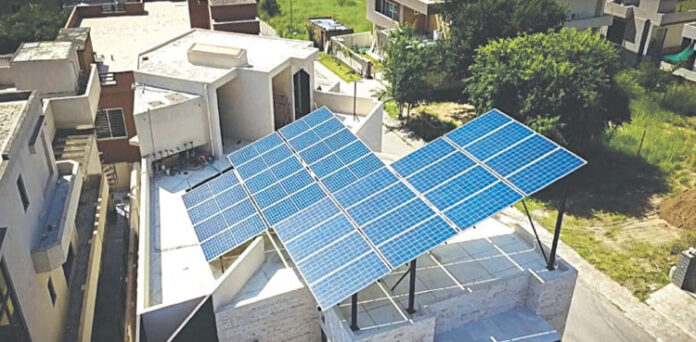The United Arab Emirates (UAE) has emerged as the most remote work-friendly country in the Gulf Cooperation Council (GCC), setting a benchmark for flexible work environments in the region. This recognition highlights the UAE’s progressive approach towards work-life balance, digital infrastructure, and innovative workplace policies. Here’s a closer look at how the UAE is leading the GCC in remote work friendliness and what this means for employees and businesses alike.
Progressive Policies and Initiatives
The UAE government has been proactive in introducing policies and initiatives that support remote work. During the COVID-19 pandemic, the swift transition to remote work was facilitated by government mandates and corporate cooperation. Recognizing the benefits of this shift, the UAE has continued to promote remote work through various initiatives, including:
Remote Work Visas: In 2021, the UAE introduced a one-year remote work visa, allowing professionals to live in the UAE while working remotely for companies based outside the country. This initiative has attracted a global workforce, enhancing the country’s talent pool.
Supportive Legislation: The UAE’s labor laws have been updated to include provisions for remote work, ensuring that employees’ rights and benefits are protected even when working outside the traditional office environment.
Advanced Digital Infrastructure
The UAE boasts one of the most advanced digital infrastructures in the GCC, making remote work seamless and efficient. High-speed internet, extensive 5G networks, and widespread availability of digital tools and platforms have been crucial in supporting remote work. Key aspects include:
Reliable Connectivity: The UAE’s robust internet infrastructure ensures that employees can stay connected and productive, regardless of their location.
Cybersecurity Measures: The government and private sector have invested heavily in cybersecurity to protect remote workers and their data, fostering a secure remote work environment.
Work-Life Balance and Employee Well-Being
Remote work has been embraced in the UAE not only for its efficiency but also for its positive impact on work-life balance and employee well-being. Companies in the UAE have adopted flexible work schedules, allowing employees to better manage their personal and professional lives. Benefits include:
Reduced Commute Times: Remote work eliminates the need for long commutes, saving time and reducing stress for employees.
Enhanced Job Satisfaction: Flexible working conditions have been linked to higher job satisfaction and lower turnover rates, benefiting both employees and employers.
Attracting Global Talent
The UAE’s remote work-friendly environment has made it an attractive destination for global talent. The remote work visa and supportive infrastructure allow professionals from around the world to live and work in the UAE, contributing to a diverse and dynamic workforce. This influx of talent is particularly beneficial for:
Innovation and Creativity: A diverse workforce brings new ideas and perspectives, fostering innovation and creativity in various industries.
Economic Growth: Attracting skilled professionals from around the world helps drive economic growth and development, positioning the UAE as a hub for business and innovation.
Corporate Adoption and Success Stories
Many UAE-based companies have successfully adopted remote work policies, setting examples for the rest of the region. Industries such as technology, finance, and media have particularly thrived under remote work models. Success stories include:
Tech Giants: Leading technology companies have embraced remote work, leveraging digital tools to maintain productivity and collaboration.
Financial Sector: Financial institutions have implemented secure remote work practices, ensuring business continuity and client service excellence.
The UAE’s leadership in remote work friendliness within the GCC is a testament to its forward-thinking policies, advanced digital infrastructure, and commitment to employee well-being. By embracing remote work, the UAE is not only enhancing its attractiveness as a destination for global talent but also setting a standard for the future of work in the region. As remote work continues to evolve, the UAE’s proactive approach and supportive environment will likely serve as a model for other countries looking to adapt to the changing dynamics of the workplace.
Topics #featured #trending pakistan #UAE





